ThinkGive enables young people to experience the power of kindness and the value of giving — learning firsthand from their actions and their peers.
The Student Experience
ThinkGive empowers students to explore who they are and recognize the positive impact of giving—whether it’s a compliment, a helping hand, appreciation, or love. With educator support, students take ownership of their actions, see their impact, and gain agency in creating kind, inclusive communities.
Curriculum
Educators use ThinkGive’s curriculum to guide discussions that help students reflect on who they are and who they want to become. This process builds self-awareness, social awareness, and relationship skills, while empowering students to recognize their ability to create positive change.
Students Take Action
After each lesson, students choose how and to whom they will give. This empowering prosocial practice shows them that their actions matter—that even small gestures can spark meaningful change. As they build confidence and agency, students strengthen empathy, deepen connections, and grow more assured in their ability to make a difference.
Record + Reflect
Students record their actions on the ThinkGive portal (or on worksheets for offline programs), responding to reflective questions that link their choices to key lesson themes. This process deepens their understanding of how their actions affect others and encourages them to consider how their behavior aligns with values like empathy, kindness, and social responsibility—fostering personal growth and purpose.
Engage + Share
On the Team Page (or orally for offline programs), students engage with peers, share experiences, and learn from one another—all within a secure, educator-monitored space that fosters collaboration and digital citizenship.
Discuss + Collaborate
Group discussions and reflection help students consolidate key learnings, share insights, and deepen their understanding. This collaborative process strengthens peer connections, sharpens critical thinking, and reinforces concepts in real-life contexts before moving on to the next lesson.
The Ripple Effect
ThinkGive’s impact reaches beyond classrooms and out-of-school programs—students’ positive actions ripple outward, inspiring others and fostering a culture of compassion and belonging. This peer-driven momentum helps build stronger, more connected communities.
Comfort to Courage Zone
The ThinkGive curriculum guides students from taking action within their comfort zone to stepping into their courage zone—where the most meaningful growth occurs. Along the way, they build a strong sense of self, forge deeper connections, and experience the true impact of their words and actions.
The act could be tiny. The impact huge.
“I held the door open for a large group of people. My role in my community is to be as helpful and kind as possible. It's important to be a good citizen.“
“Today I gave my Dad the gift of saying I love you. Sometimes I just assume that he knows that I love him but it’s so important not to take for granted the words that mean the most.”
“I thanked the kind lady that drives my bus. I now make an effort to say thank you to her whenever I see her and she seems to feel appreciated when I do.“
“I gave a hug to Ms. Rodriguez. I respect her because out of everything she can do in her life, she chooses to be with us and teach us many amazing things.“
“I picked up a lot of plastic bottles in the plaza at recess so we have a clean earth and the air we breathe is not polluted.“
“I talked to a boy who is very quiet and keeps to himself. I realized he's a different person once you talk to him. I made someone smile just by talking to them!“
“I gave blankets and a pillow to a homeless man while he was sleeping. What you do while no one is watching shows who you really are.“
“I took a break from chores and homework and went for a long walk during sunset. It was so beautiful. It helped me feel relaxed.“



